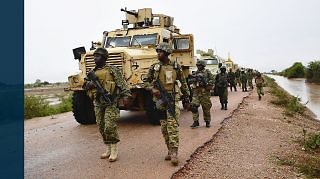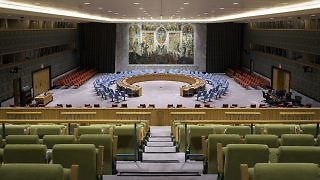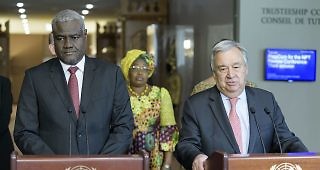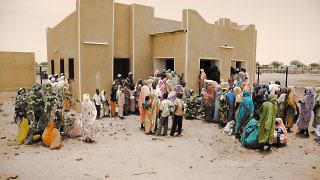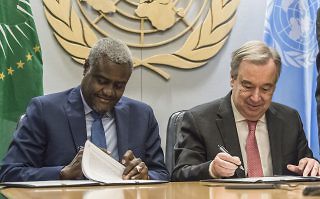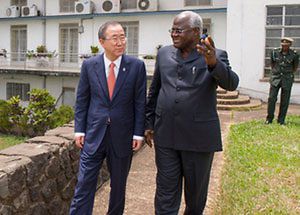Despite the instability it faces, Guinea-Bissau—alongside countries like Madagascar, Chad, or the Central African Republic—has long been overlooked by donors. There is an urgent need to re-orientate the international community toward supporting and financing conflict prevention and early action.
Author: Gustavo de Carvalho
-
-
While the future of peace operations will be intrinsically linked to Africa’s future, this does not mean that the UN will lose its central role.
-
If African states want to ensure relevance and influence in 2020 and beyond, they will need to ensure that unified positions are at the core of approaches.
-
Building on the momentum of existing partnerships, the two organizations have since alternated the hosting of an Annual Conference between the leadership of the UN and the AU Commission.
-
The inclusion of partnerships in the A4P initiative creates the need for a closer look at one of the UN’s most important partners when it comes to peacekeeping, the African Union.
-
The appointment of a head and a deputy head of the AU’s newly formed Institutional Reforms Unit this month is an important step forward in increasing the organization’s effectiveness.
-
The withdrawal of the UN mission is an important indicator that peacebuilding is now more in the hands of Sierra Leone nationals, and there is a lot of work still to be done.

